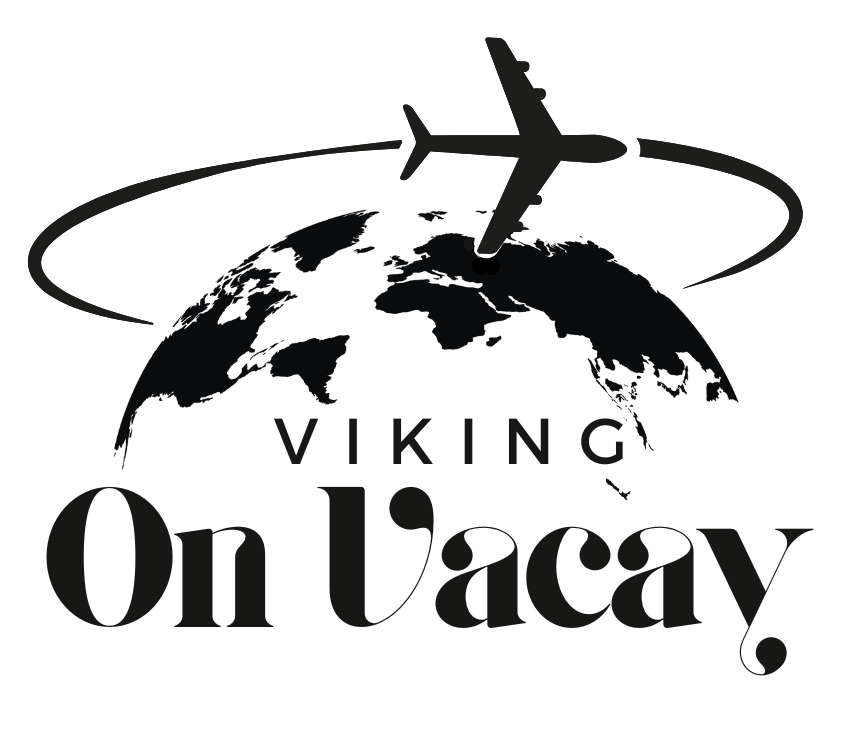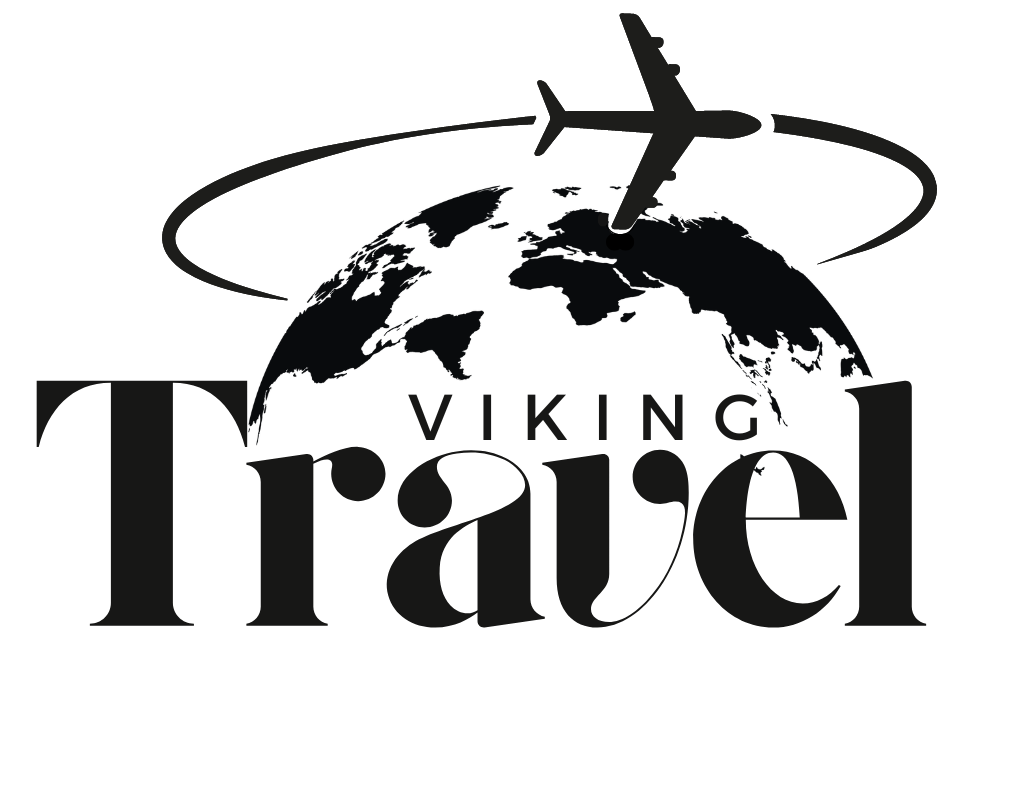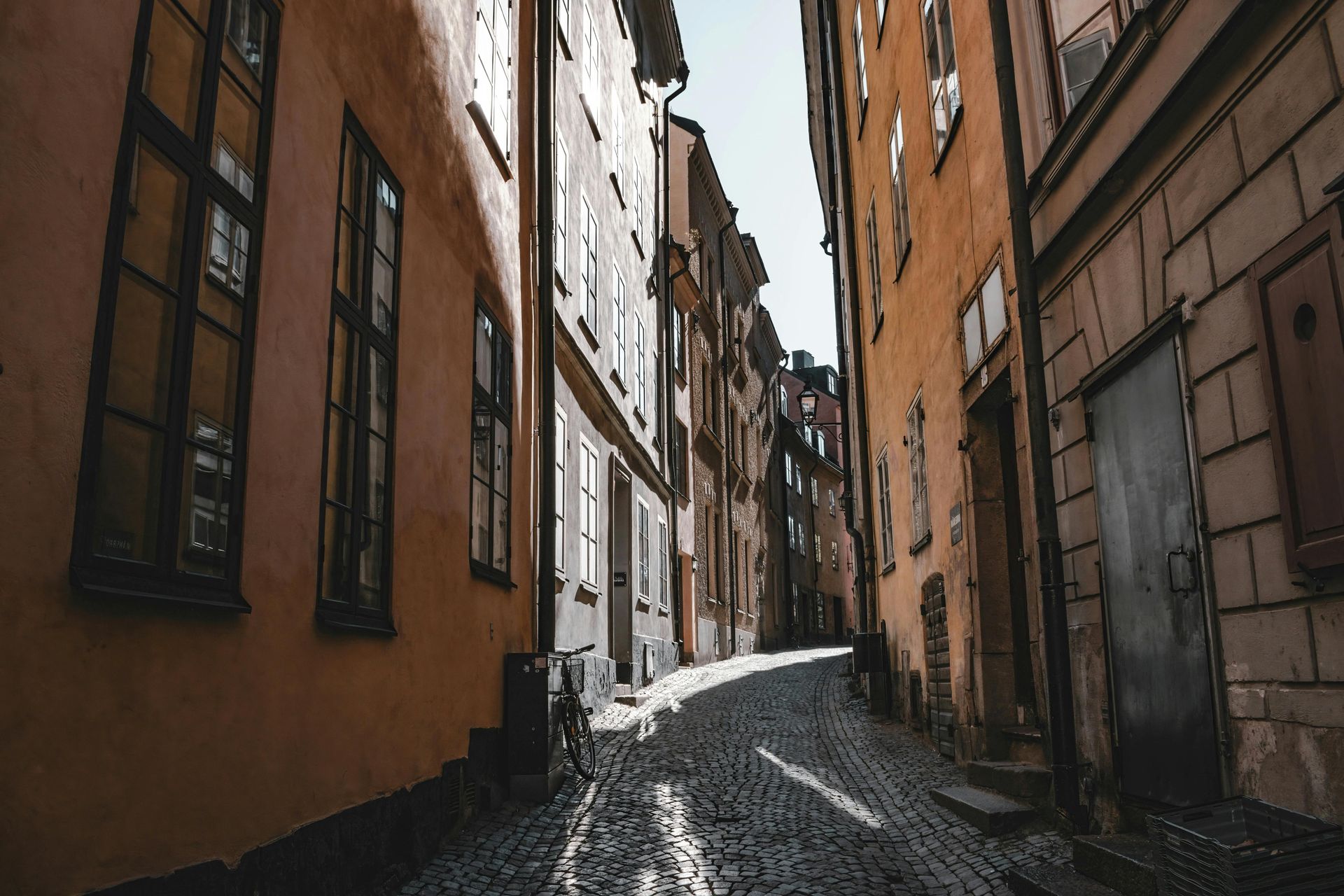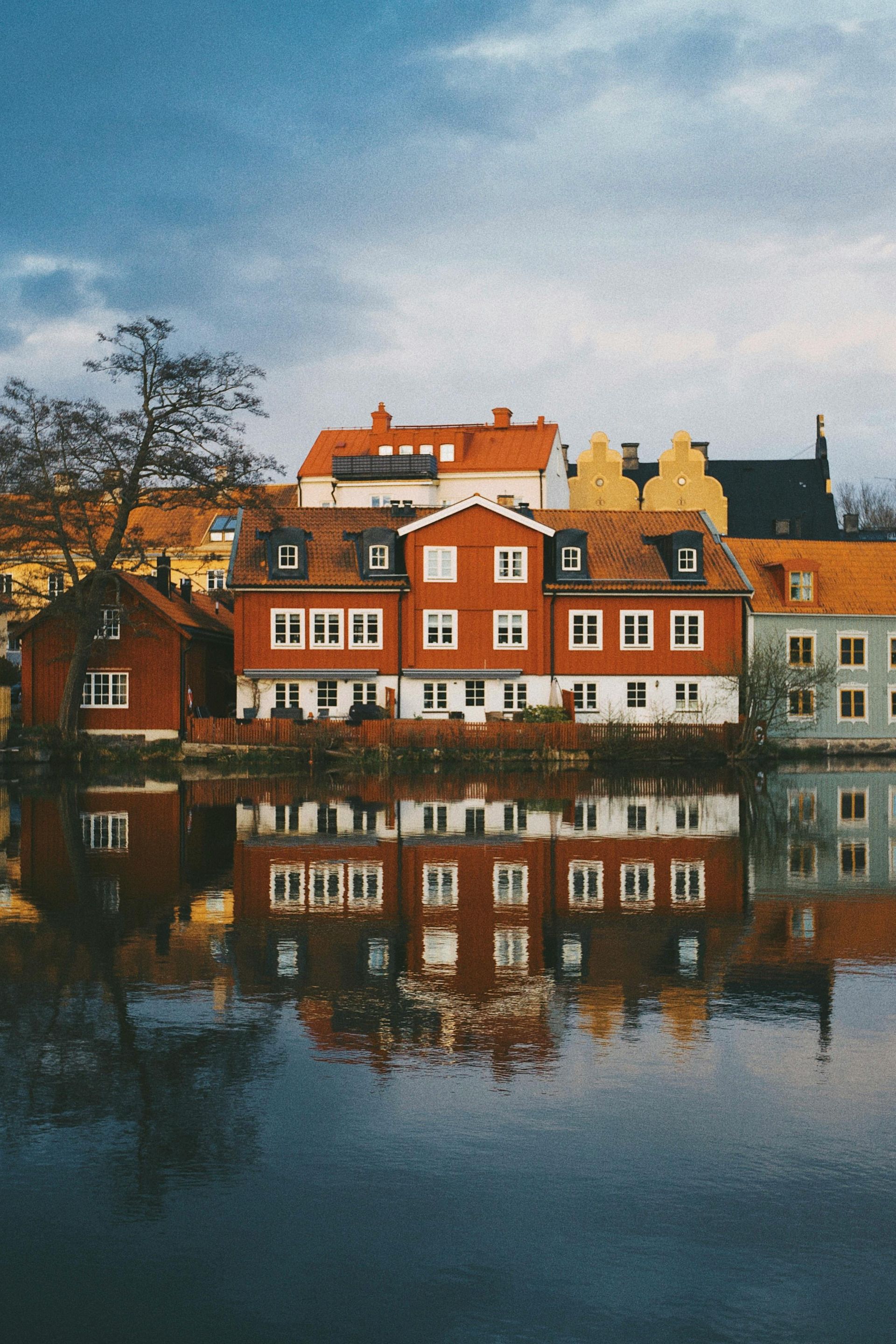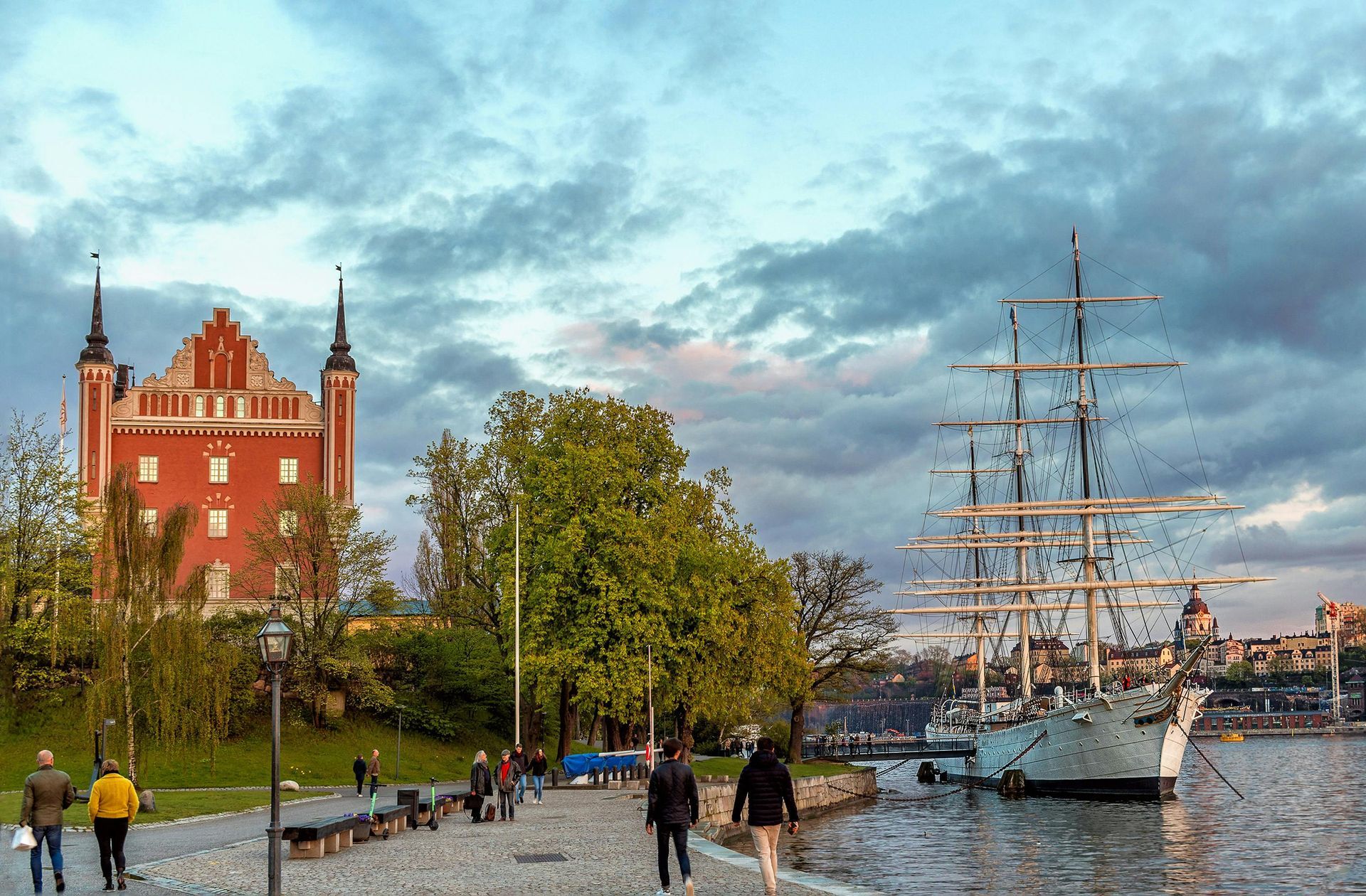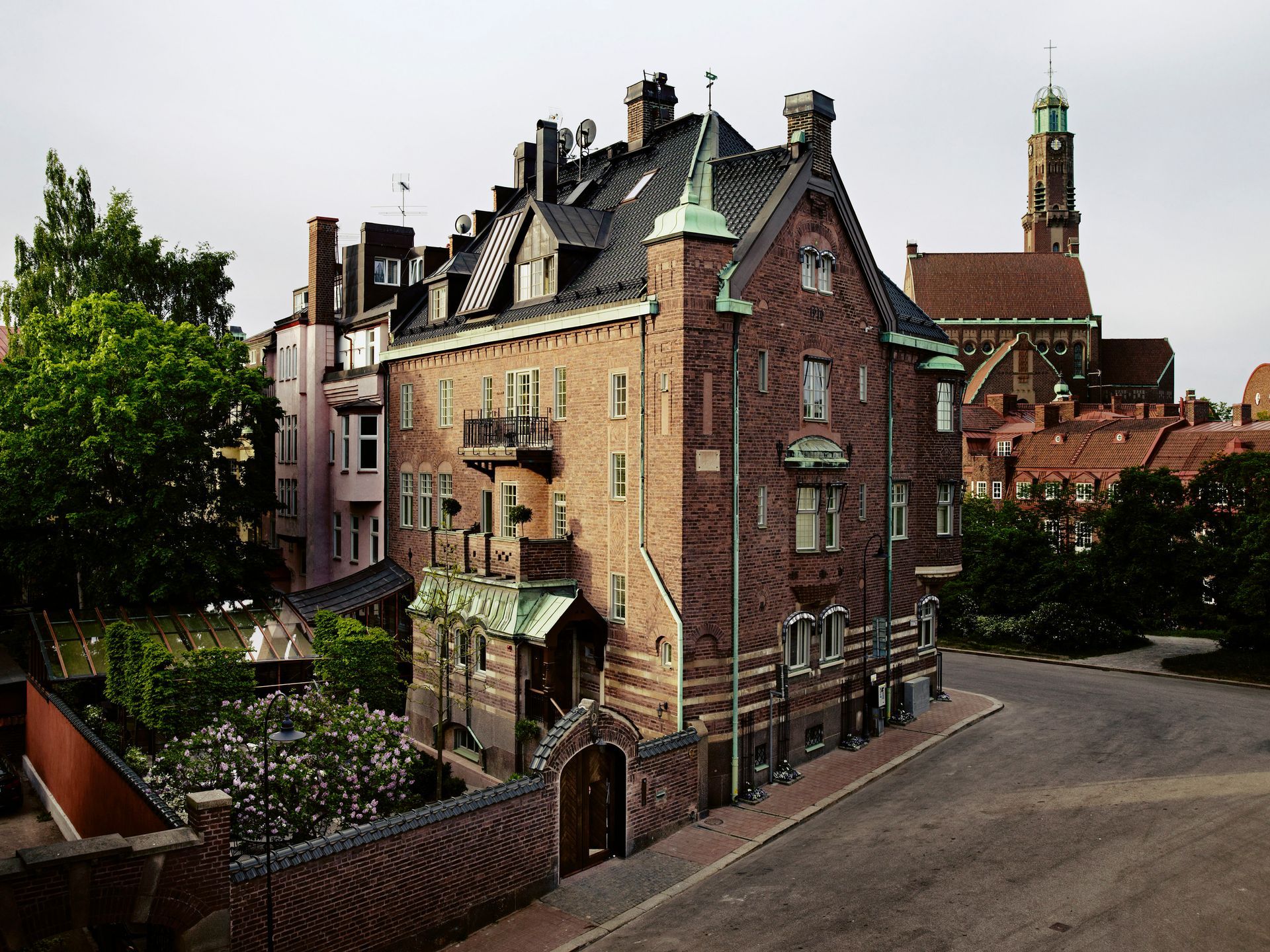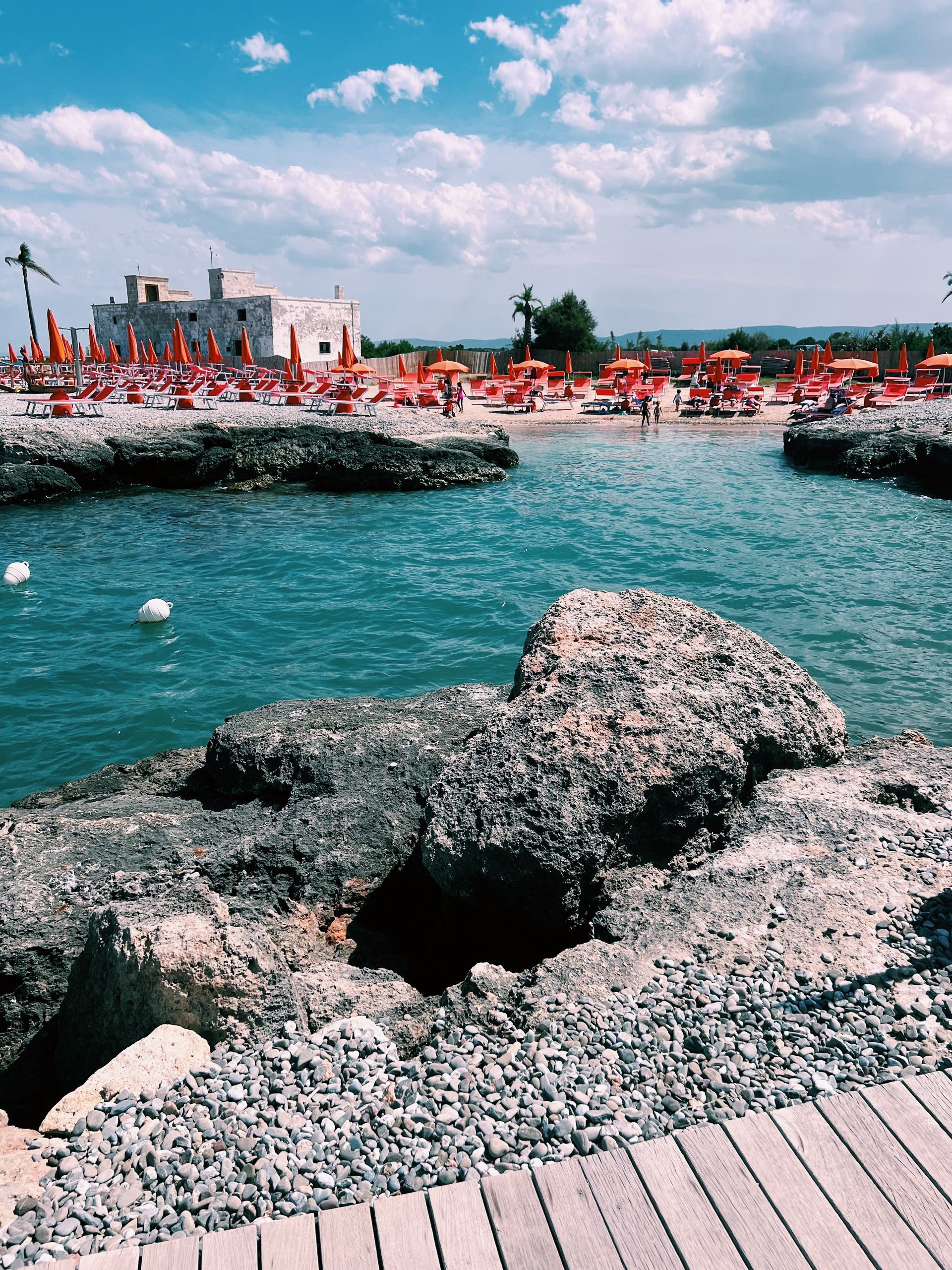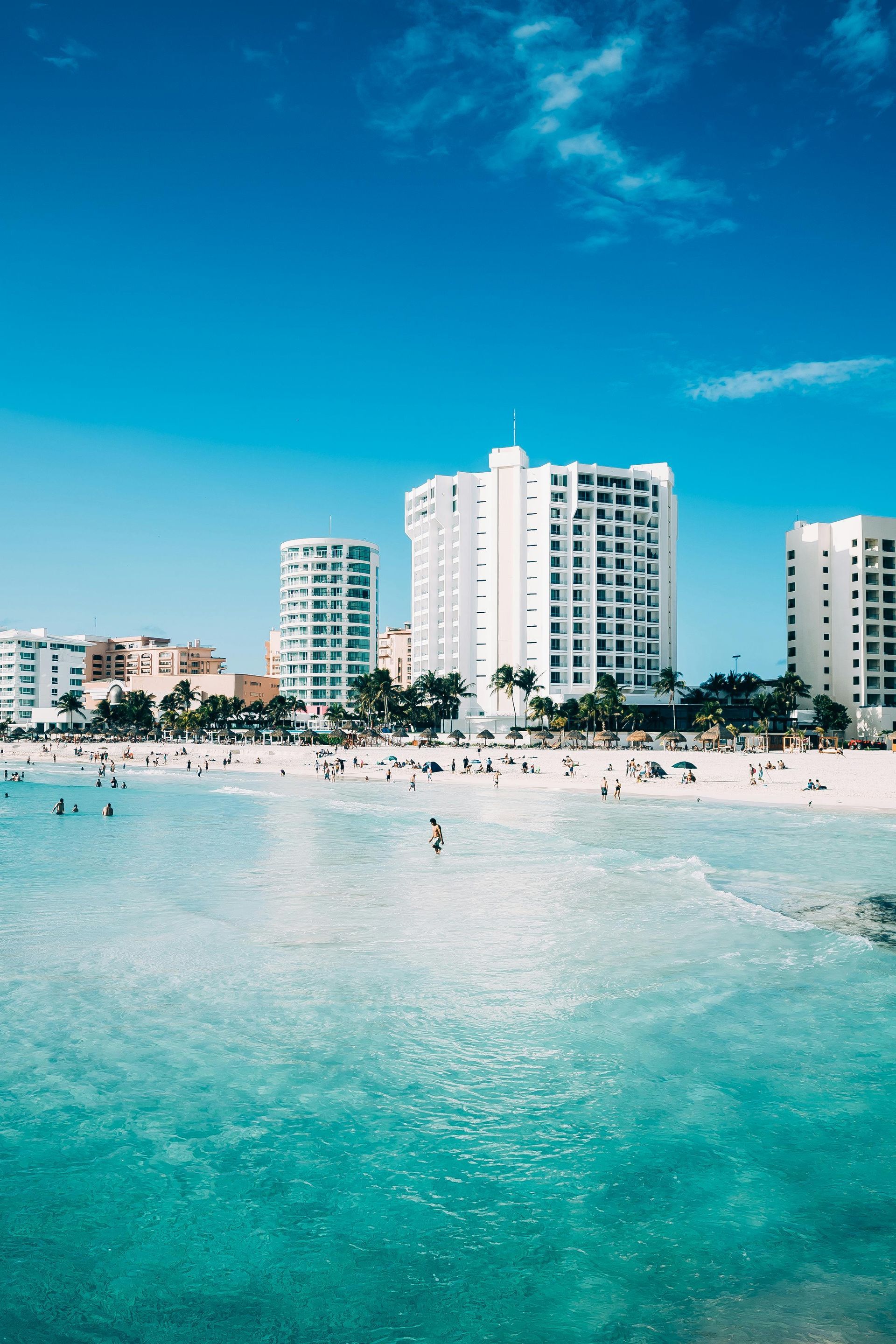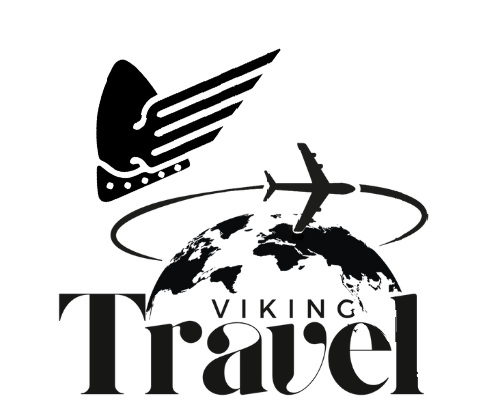Where to Stay
Stockholm is broken up into several neighborhoods. The most popular area is Östermalm, facing the water, with the most valuable real estate in all of Sweden. Östermalm includes designer shopping, incredible restaurants, and waterfront access to boat excursions and ferries. Gamla Stan is quite literally "Old Town" and is home to the royal palace and Noble Price museum. Many of the buildings in Gamla Stan were built in the 15th century, including the modern hotels. Södermalm is the southern neighborhood of metropolitan Stockholm; this neighborhood has a boho chic vibe with more young people, artists, and creatives. The Vasa Museum, Skansen, Nordiska Museet, Abba Museum, and Gröna Lund are all found on the island of Djurgården. These neighborhoods are all easily walkable, and the city is compact enough a day's walk can include all four of these neighborhoods.
Keep in mind
Currency
Swedish currency is Krona. The Euro is not generally accepted, nor is the US Dollar. Cash is also seldom used, with credit/debit cards being the primary payment method. American Express is not widely accepted in Sweden. Currency exchanges are common, but they will ask for your passport to exchange any currency.
When to go
The best time of year to visit Stockholm is late June into early August. Outside of this rather limited window, the weather can vary greatly. The Christmas season in the city is wonderful, but it will be pitch black dark by 4:00pm in December. In the summer months, expect lows nightly lows around 60F and daily highs around 75F. The spring and fall can have an abundance of rain, though the city does not always have snow in the winter as the Atlantic Gulf Stream ends at Stockholm.
Alcohol
The Swedish government has a monopoly on alcohol sales. Aside from restaurants and bars, any alcohol over 3.5% ABV must be purchased at the government-owned Systembolaget stores. These stores close early on Saturday's and do not open on Sunday's. Grocery stores do not offer beer or wine over 3.5% ABV.
Safety
The Nordic countries are generally some of the safest places on the planet, with Stockholm being no exception. Swedish society is a very rule-based order with limited crime, virtually zero pickpocketing, and very little tourist scams. It's always important to keep your passport secure, and it's ok to limit the amount of cash you carry in Stockholm as cards are so widely accepted.
Transportation
Where to eat
Miss Voon
"We have long been inspired by Asian cuisine and are now happy to interpret it in our own personal way. Freshness, simplicity and an abundance of distinctive tastes have been the cornerstones of our menu’s design and this is also reflected in our wine and drinks list."
Farang
"Restaurant Farang invites you to join us for a culinary journey to Southeast Asia with stops along the way to sample the delicate cuisines of Thailand, Vietnam, Malaysia and Indonesia.".
Fika
"Fika" is a Swedish tradition where people take time to slow down, catch up with friends, enjoy a black coffee and a pastry (usually Kanelbullar). This is more than just a coffee break; fika is a social event. If a Swede invites you to fika, you have to join.
Food native to Stockholm
Swedish Meatballs
Though meatballs did not originate in Sweden, they are a classic staple in every household. Typically served with mashed or boiled potatoes, lingonberry, and a cream sauce.
Renskav
Reindeer is lean, flavorful, and is commonly served in the Nordic countries. Renskav is sauteed reindeer in a creamy sauce, served with potatoes and lingonberry jam. It's a traditional Sami dish from northern Sweden.
Kanelbullar
Cinnamon buns! Probably the most commonly seen pastry in Sweden. Kanelbullar play a key role in the Swedish tradition of fika (a social event with close friends or family that always includes coffee and a pastry.
Clubs & Bars
01
Trädgården & Under Bron
02
Freyja + Söder
03
Golden Hits
04
The Secret Garden
